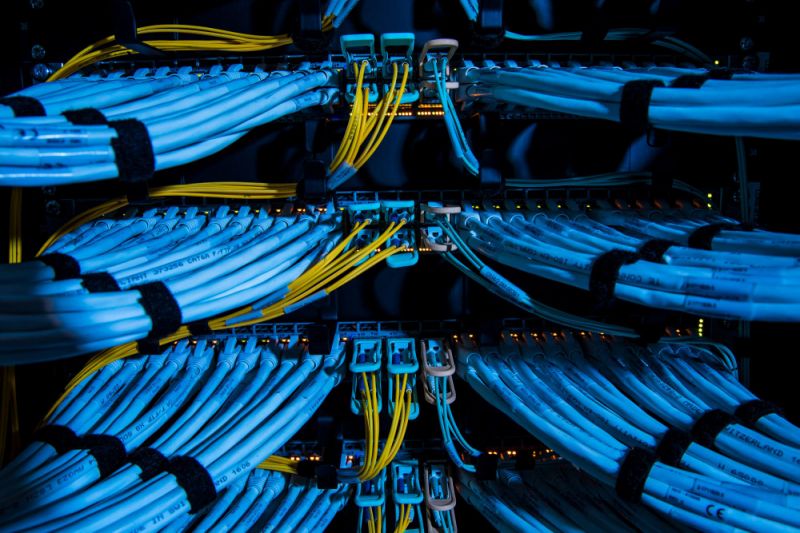
(Bloomberg) — The U.K. Labour Party pledged to deliver free full-fiber broadband for all nationwide within 10 years, with a 20 billion-pound ($26 billion) nationalization of BT Group Plc’s Openreach unit.
If elected to power Dec. 12, a Labour government “will undertake a massive upgrade in the U.K.’s internet infrastructure, delivering fast, secure, reliable internet connections for everyone and putting an end to patchy and slow coverage,” the party said in an emailed statement late Thursday. Party leader Jeremy Corbyn will announce details of the policy in a speech in Lancaster, northern England on Friday.
“What was once a luxury is now an essential utility,” Corbyn will say. “It’s time to make the very fastest full-fiber broadband free to everybody, in every home in every corner of our country.”
It’s the biggest new pledge yet of the election campaign from Labour, which already has plans to nationalize the postal service, the railways and water and energy utilities. The party’s finance spokesman, John McDonnell, said in a BBC News interview that it would cost about 20 billion pounds. Labour said the plan would be paid for partly by taxing multinational corporations such as Amazon.com Inc., Facebook Inc. and Alphabet Inc.’s Google.
Nicky Morgan the cabinet minister with responsibility for digital services, in a statement dismissed Corbyn’s plan as a “fantasy” that “would cost hardworking taxpayers tens of billions” of pounds.
“It should be a top political priority to super-charge the roll-out of full-fiber broadband and 5G right across the U.K.,” a BT spokesman said by email in response to the announcement, without directly addressing the privatization proposal . “We’d encourage the next government to work with all parts of the industry to achieve that. It’s a national mission that’s bigger than any one company.”
’A Disaster’
TechUK, the industry’s main trade body, was more emphatic, with Chief Executive Officer Julian David, calling the plan “a disaster” for the telecoms sector. “Renationalization would immediately halt the investment being driven not just by BT but the growing number of new and innovative companies that compete with BT,” he said.
The announcement will provide more fodder for the arguments by Prime Minister Boris Johnson’s Conservatives that a Labour government risks plunging the country into an economic crisis. Chancellor of the Exchequer Sajid Javid over the weekend released analysis estimating Labour would raise spending by 1.2 trillion pounds ($1.5 trillion) over five years. McDonnell at the time called it “fake news.”
McDonnell told the BBC that Parliament would set the value of Openreach when it’s taken into public ownership and that shareholders would be compensated with government bonds. He said the expenditure was needed because only 10% to 12% of the country has coverage now, compared with near complete coverage in Japan and South Korea.
Under Labour’s plan, the roll-out would begin in areas with the worst broadband access, including rural communities followed by towns and then by areas that are currently well-served by fast broadband.
–With assistance from Thomas Seal.
To contact the reporter on this story: Alex Morales in London at [email protected]
To contact the editors responsible for this story: Tim Ross at [email protected], Robert Jameson
<p class="canvas-atom canvas-text Mb(1.0em) Mb(0)–sm Mt(0.8em)–sm" type="text" content="For more articles like this, please visit us at bloomberg.com” data-reactid=”32″>For more articles like this, please visit us at bloomberg.com
©2019 Bloomberg L.P.











Add Comment